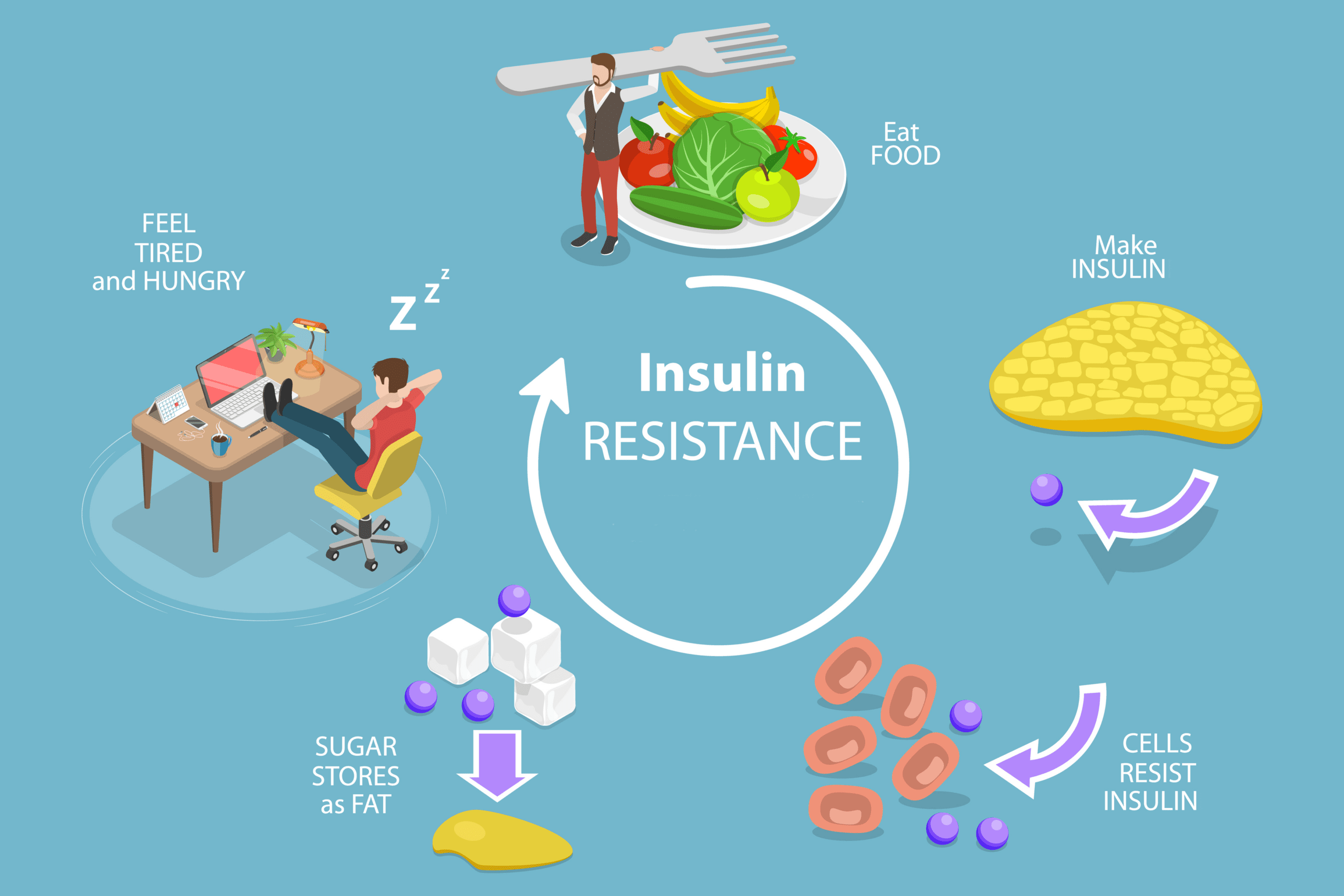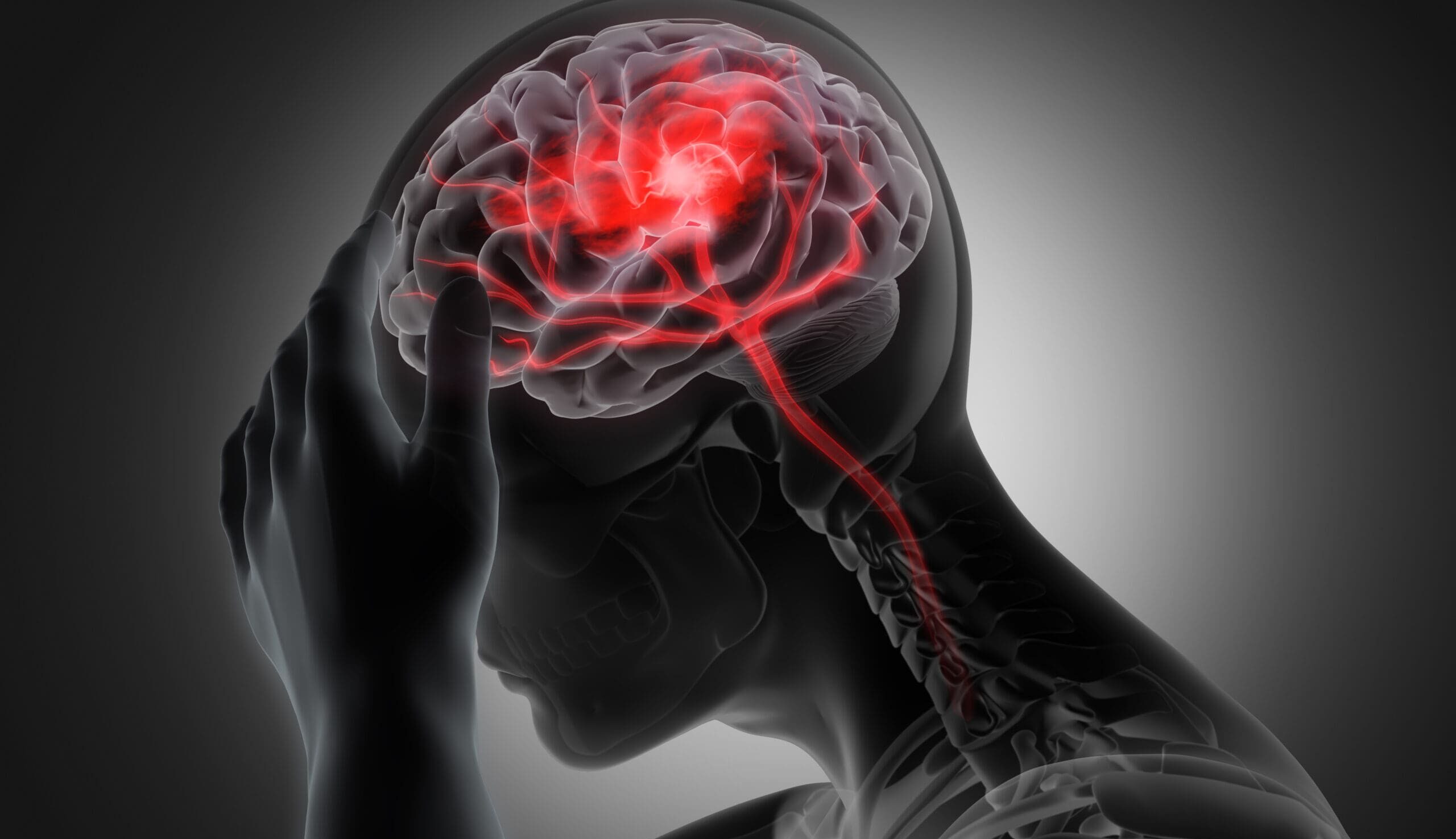Is alcohol affecting your weight loss efforts?
By naturopath Margaret Jasinska
If you follow a healthy diet, exercise regularly, yet still find it hard to lose weight, alcohol may be a culprit. We all know that drinking too much alcohol can make it very difficult to lose weight because most types of alcohol are high in calories and sugar. Your liver considers detoxing alcohol to be a priority, thus its fat burning abilities become compromised. The other problem is that alcohol can act as a gateway to eating unhealthy, high carbohydrate foods that you didn’t intend to eat.
Once a person has had one or more drinks, the high carbohydrate content of the alcohol can bring on intense cravings for high carb foods – such as chips, pretzels, pizza, chocolate or cookies. Alcohol also lowers inhibitions, which means it also lowers willpower and resolve to eat well. Once you’ve had a few drinks, you’re more likely to think “What the heck, it’s Friday night; I’m relaxing; I deserve a piece of cake”.
One effect of alcohol you may not be aware of is it increases your appetite by suppressing the production of the hormone leptin. Leptin tells your brain you’ve had enough to eat by making you feel full and satisfied. Drinking alcohol disrupts this process, therefore can leave you wanting to eat more and more, while never feeling satisfied.
One way to reduce the harmful impact of drinking alcohol is to have a snack or light meal containing some protein and fat before drinking. For instance, you could have a smoothie made from whey protein powder that contains some coconut oil, or a couple of boiled eggs.
Alcohol places a significant strain on your liver, and that’s yet another way it can inhibit fat loss. Your liver considers alcohol toxic, therefore it tries to break it down and excrete it as soon as possible. That means your liver puts other metabolic jobs on hold, and the easiest thing for it to do is store away calories you’ve just consumed from food as body fat. If you have a fatty liver or inflamed liver, alcohol will worsen the damage. People with a fatty liver find it incredibly hard to lose weight, even when they’re doing all the right things. This is mostly because they are insulin resistant, thus their body doesn’t burn fat efficiently. A fatty liver doesn’t store glycogen as well, leaving a person prone to crashes in blood sugar, leading to intense carb cravings. There is an eating plan specifically designed to address this in the book Fatty Liver: You Can Reverse It.
Many people drink in the evenings as a way to unwind and relieve the pressures of the day, and it helps them fall asleep. The diuretic effects of alcohol flush nutrients from your body, particularly magnesium. Many people find that magnesium improves sleep quality and reduces nervous tension. A lot of people find that trying to have one month with no alcohol helps them establish new ways to unwind and relax in the evenings, and significantly improves sleep quality and mood.









alcohol isnt affecting my weight loss but something is , i lost 30 kg on the Cabot diet , but now Ive gained 9 kg back and I dont know why ( read the book ) its driving me crazy I dont eat anything I didnt on the diet .
Excellent article. In fact all are excellent. Thank you.